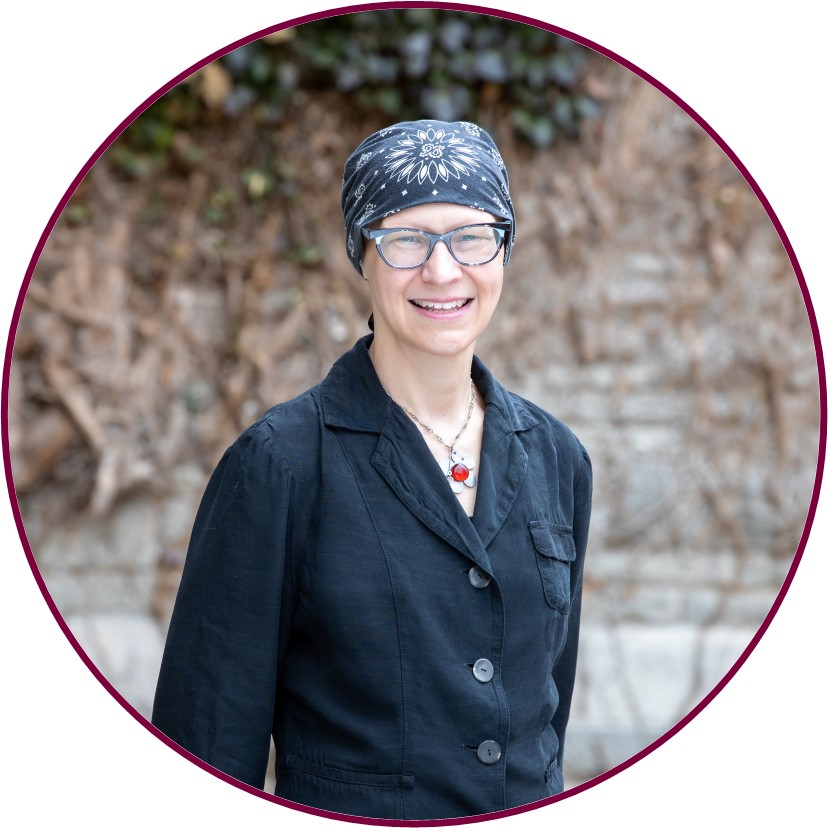A Message from Vice-Provost, Teaching & Learning Kim Dej
 Over the past five years, the number of microcredential offerings across the McMaster campus has risen steadily, in response to increased demand for professional development and skills enhancement from non-traditional learners and employers.
Over the past five years, the number of microcredential offerings across the McMaster campus has risen steadily, in response to increased demand for professional development and skills enhancement from non-traditional learners and employers.
These flexible learning opportunities can provide opportunities for growth and specialization for our current undergraduate and graduate students, but may also take the form of upskilling and continuing education for individuals already in the workforce, transition training for recent immigrants and those returning to the workforce, skills development to meet the needs of emerging labour sectors, and much more.
What is a microcredential?
McMaster University defines a microcredential as a designation of achievement of a coherent set of skills, competencies, or knowledge, specified by a statement of purpose, learning outcomes, and potential need by employers and/or in the community. The Certificates, Diplomas & Microcredentials Policy further differentiates between academic microcredentials and non-academic microcredentials.
Information Box Group

Academic Microcredentials
Academic microcredentials meet the standards for academic coursework and have specified admission requirements, but no minimum credit hours. Academic microcredentials may stack together for credit toward another credential in specific contexts.

Non-academic Microcredentials
A non-academic microcredential demonstrates that an individual has completed learning activities related to a coherent set of skills, competencies, or knowledge at McMaster which does not meet the requirements for academic coursework. Normally, there are no specific admission requirements. These credentials cannot be used as credit toward any academic credential though they may be stacked to achieve a Certificate of Completion.
What’s Next?
As the number of microcredentials offered by Faculties, the Inspire Office of Flexible Learning, and McMaster Continuing Education continue to increase, the Office of the Provost recognizes the importance of providing support for these initiatives. We have heard from many groups that there is a need for more guidance on the development, structures, and delivery of these opportunities. There is great interest in increasing our microcredential offerings, but there is also much confusion about how to get started.
The Office of the Vice-Provost, Teaching & Learning is convening a task force of experts, who will meet regularly during the Summer and Fall of 2024 to:
- refine language around what a microcredential is, and what it contains
- determine platforms for hosting, tracking, and advertising microcredentials
- implement structures to increase support for enrolment, payment, and credentialling processes
- create a recommended workflow for instructors interested in creating new microcredentials
We look forward to updating you on their progress, and working with partners across campus to enhance the resources available to educators seeking to offer these flexible learning opportunities.

